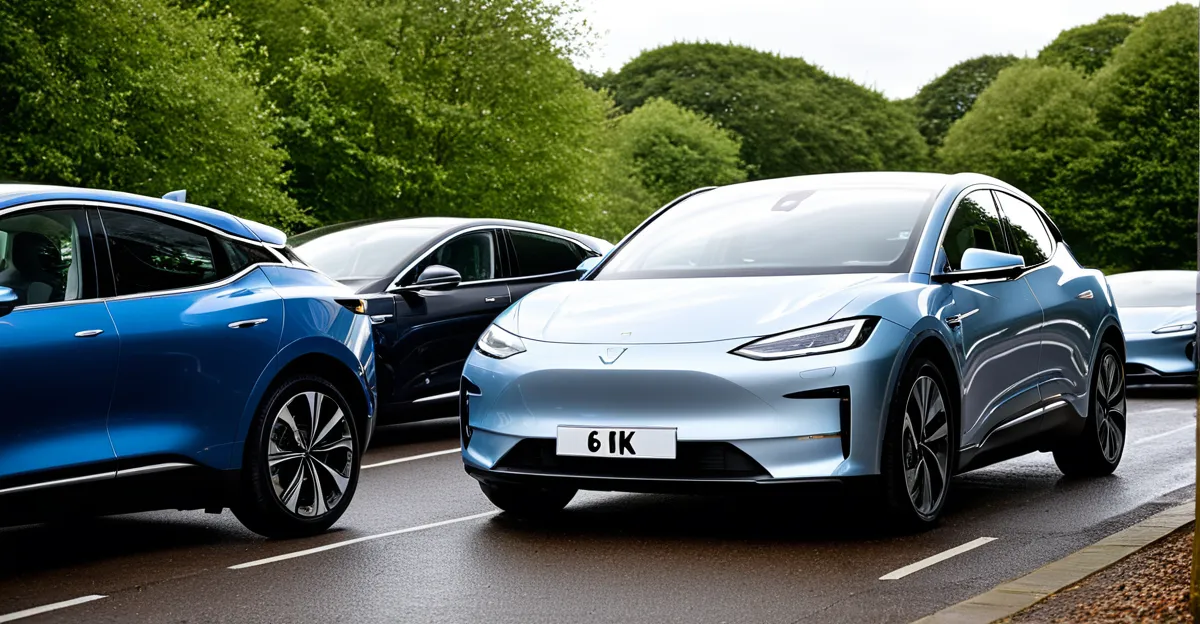Immediate impacts of electric vehicle adoption on the UK automotive industry
Electric vehicle adoption UK is accelerating rapidly, with recent data showing a sharp increase in EV registrations. Current uptake rates reflect a strong consumer shift towards electrified options, influenced by environmental concerns and technological advances. Projections indicate that electric vehicles could represent a majority of new car sales within the next decade, reshaping the entire market.
This surge prompts significant UK automotive industry trends, particularly in manufacturing. Traditional automakers have begun altering production lines to prioritize EV components, moving away from internal combustion engine-centric processes. This transition requires investment in new technologies and materials, influencing supply chains and assembly approaches.
In the same genre : How are UK automotive companies adapting to changing consumer preferences?
Consumer purchasing patterns also demonstrate clear shifts. Buyers increasingly prefer electric models for their reduced running costs and government incentives, which has pressured automakers to expand their EV portfolios. The combined impact on UK car manufacturing changes includes both challenges—such as retraining staff—and opportunities, like growth in battery and electric motor production sectors. These developments underline how immediate and profound the impact of electric vehicle adoption UK truly is on the industry landscape.
Government policies and their influence on EV transformation
Government policies play a key role in accelerating electric vehicle adoption UK-wide. The UK government EV policies include a landmark plan: banning new petrol and diesel car sales by 2030. This ambitious net zero target automotive strategy drives manufacturers to hasten the shift toward electric models. Financial incentives further support this transition. For consumers, electric vehicle incentives UK include grants and reduced taxes, lowering upfront costs and making EVs more accessible.
In parallel : How Will Advances in Technology Revolutionize the UK Automotive Industry?
Manufacturers benefit from subsidies and funding aimed at innovation and scaling production capacity. Public investment also fuels research into battery technology and the expansion of EV infrastructure. Combined, these measures form a cohesive ecosystem encouraging EV uptake while aligning with the UK’s environmental goals.
The 2030 sales ban signals a clear policy direction, nudging traditional automakers to pivot effectively and consumers to plan for EV ownership. This synergy between regulation, incentives, and investment demonstrates how UK government EV policies shape the automotive market, speeding up electric vehicle adoption UK-wide and reinforcing the net zero target automotive agenda.










